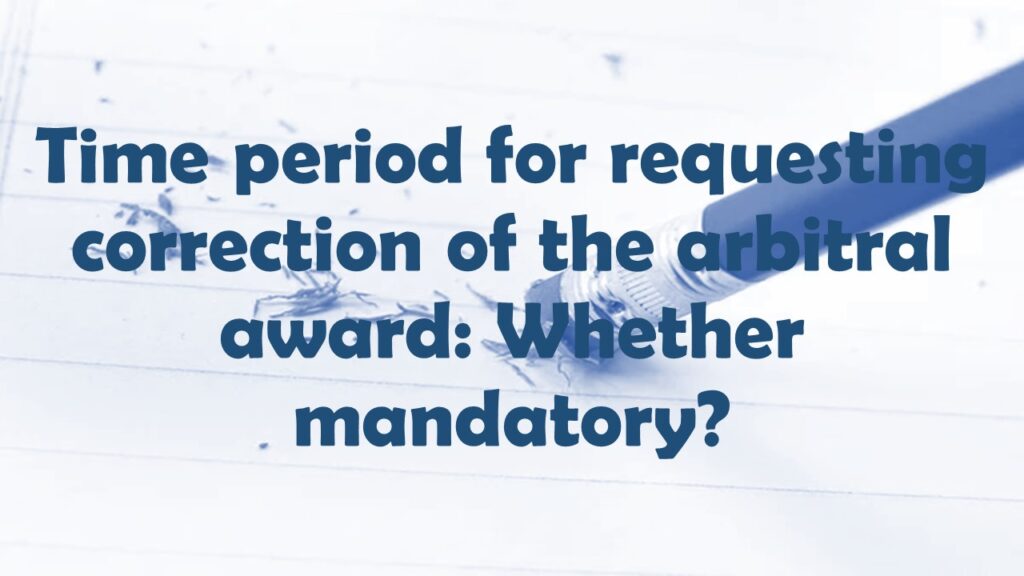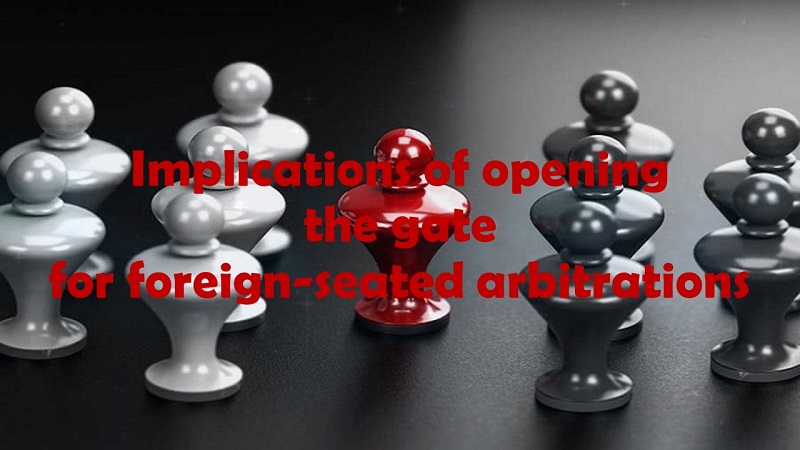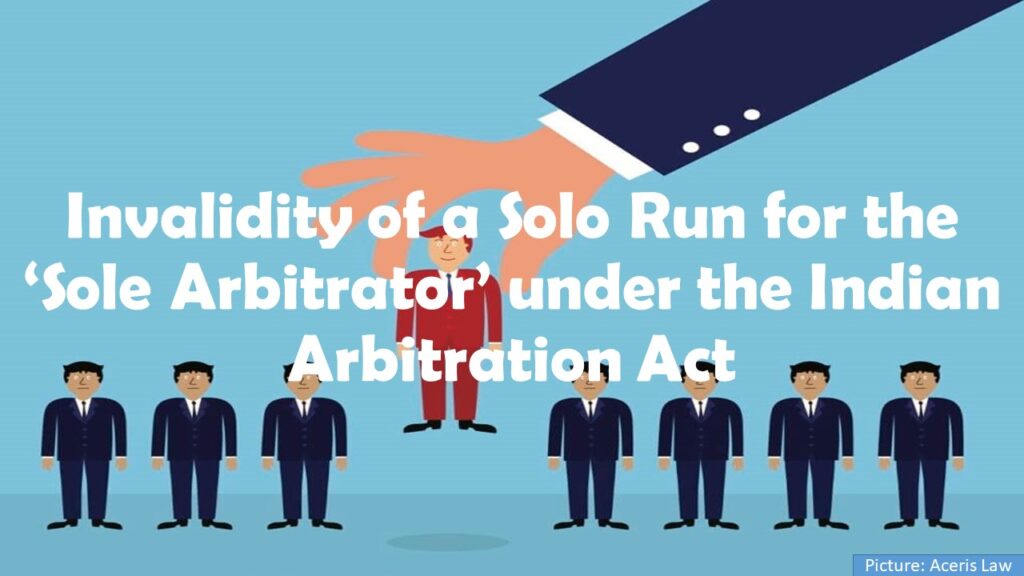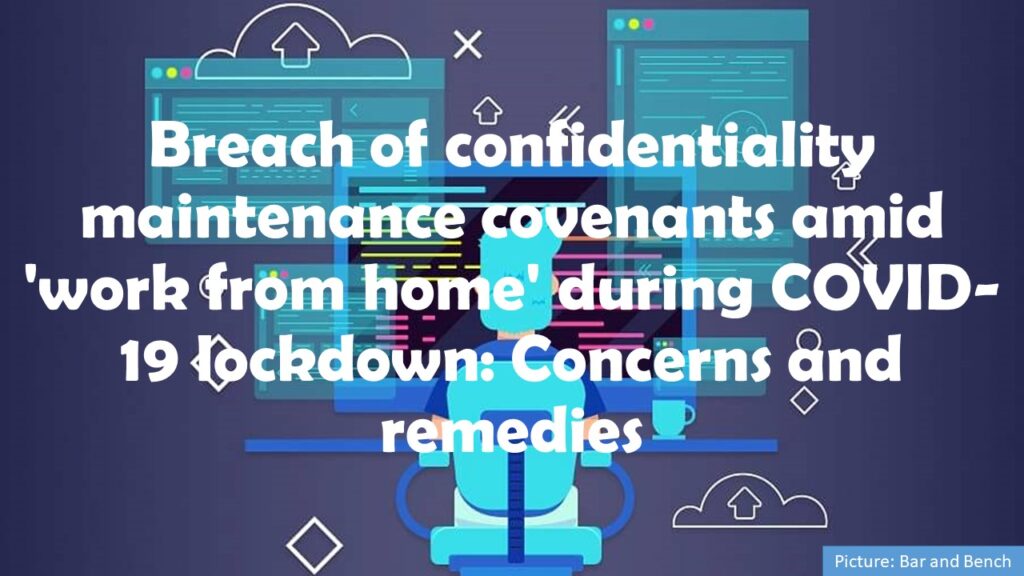Fixing timelines is one of the oldest instruments for the speedy adjudication of disputes and giving finality to the litigation between the parties. One such instance is section 33(1) of the Arbitration and Conciliation Act, 1996 (the Arbitration Act) which provides a party to request correction or interpretation of the award within a period of […]
Time period for requesting correction of the arbitral award: Whether mandatory? Read More »









